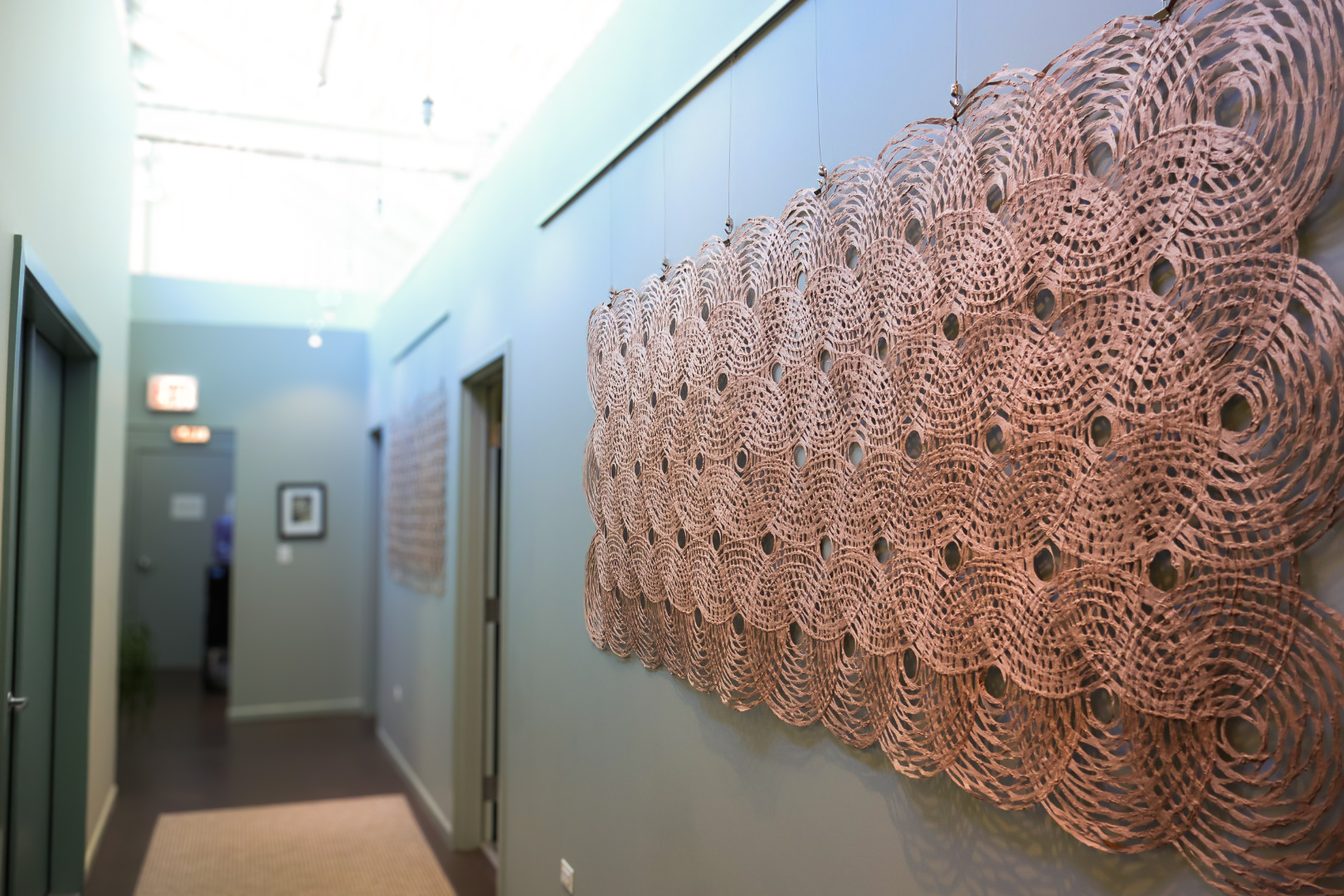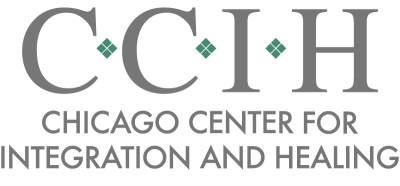
Client Services
The goal in treating trauma is not simply the avoidance of invasive symptoms or being able to talk about a traumatic event in a particular kind of way, but to be able to live a life in the present with creativity, vitality, inner peace and connection.

First step:
Just call us.
CCIH treats people who are struggling with:
- Trauma or Complex Trauma (C-PTSD)
- Anxiety
- Depression
- Chronic Pain and illness
- Difficulty regulating emotion
- Relational difficulties
- Dissociation
- Substance abuse
- Chronic shame
These difficulties can be the result of a wide range of experiences:
- Physical, sexual and emotional abuse
- Neglect
- Poverty
- Invasive and chronic medical issues
- Interpersonal violence
- Racism and xenophobia
- Homophobia
- Transphobia
- Sexism
- Relationship abuse/domestic violence
- Violence in neighborhood, school, and community
The effects of trauma can be complex and pervasive. Yet, with informed treatment and support, we all have a tremendous potential to heal. A large and growing body of research into the neurobiology of attachment and trauma informs CCIH’s treatment strategies, which include the integration of relational, developmental and body-centered approaches.

